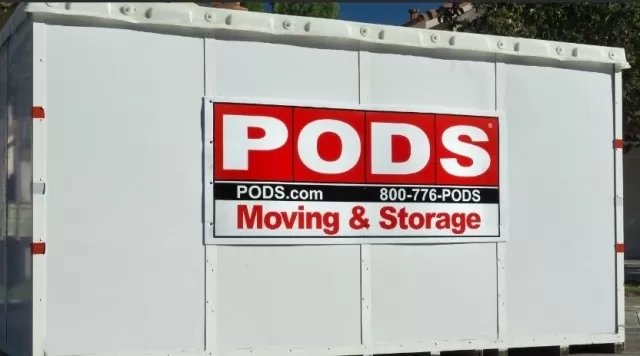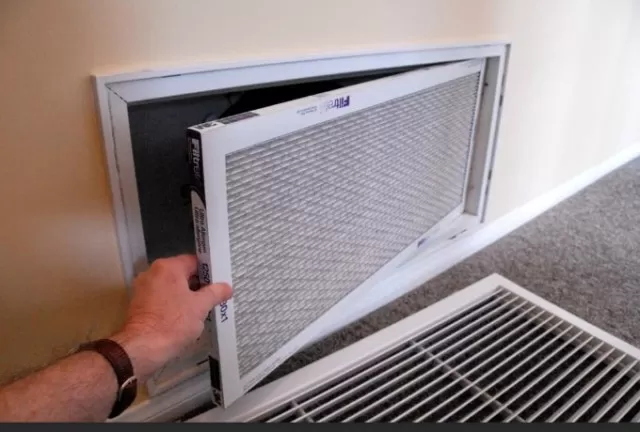Common Financial Blunders Homeowners Should Avoid (Part 2).Homeownership undoubtedly brings its fair share of expenses, but overspending is entirely avoidable. If your home feels like it’s draining your finances instead of being an asset, it might be due to one of these 12 common money mistakes. By recognizing and rectifying these pitfalls, you can regain control of your home’s financial picture and make it a more cost-effective and rewarding investment.
Proceed with Caution: Avoid Unnecessary Home Improvements

Before eagerly hiring a contractor to embark on an extravagant home improvement project, it’s essential to pause and reflect on the real necessity of the addition.
Consider not only the upfront cost but also the long-term expenses associated with maintenance.
Taking the time to crunch the numbers often reveals a sobering truth: the actual cost of a home improvement endeavor can significantly surpass initial expectations.
It’s crucial to weigh the benefits against the financial burden and assess whether the improvement truly aligns with your needs and priorities. Prudent consideration can help you avoid costly regrets and ensure that your home investments are both worthwhile and sustainable in the long run.
Don\’t Ignore the Importance of an Emergency Fund for Homeownership
Household emergencies are an unfortunate reality of homeownership, and they can strike unexpectedly—whether it’s a leaking roof, a failing Water Heater, or a malfunctioning central heating system.
Being prepared for these inevitable mishaps is a crucial aspect of responsible homeownership.
Failing to allocate a portion of your savings for such home emergencies can lead to financial hardship.
Without a dedicated emergency fund, you may find yourself resorting to credit cards to cover repair costs, which can result in a double financial blow: not only the expense of the repair but also the added burden of credit card interest. To protect your financial well-being and the stability of your home, it’s wise to establish and maintain an emergency fund tailored to your homeownership needs.
Rethinking Storage Costs: When to Reevaluate Your Choices

It’s a valuable financial lesson to consider: If you’re continually paying for storage pods or self-storage units without a clear purpose or plan for your stored possessions, you might be squandering your hard-earned money.
It’s time to reassess.
Unless you have concrete and immediate plans to use your stored items—such as a canoe for an upcoming family vacation or an artificial christmas tree for the holidays—it’s reasonable to assume that these items might remain untouched.
In such cases, it’s worth exploring alternatives like selling or donating excess possessions. By doing so and closing your storage account, you can not only declutter your life but also save the money that would otherwise be spent on storage fees.
It’s a prudent financial decision that can lead to a more streamlined and cost-effective lifestyle.
Optimal Water Heater Temperature: Energy Efficiency and Safety
If you find yourself with high utility bills, one often overlooked culprit could be your water heater temperature setting.
Setting your water heater above 120 degrees Fahrenheit may lead to unnecessary expenses. The U. S. Department of Energy advises homeowners to set their water heater to 120 degrees for several compelling reasons:.
Cost Savings: Lowering the temperature reduces energy consumption, which translates into lower utility bills over time.
Energy Efficiency: A lower setting helps conserve energy, reducing the environmental impact associated with water heating.
Safety: Setting the temperature at or below 120 degrees minimizes the risk of scalding, particularly for households with young children or elderly individuals.
By adhering to this recommended water heater setting, you can enjoy the benefits of cost savings, improved energy efficiency, and enhanced safety for you and your family.
It’s a simple adjustment that can have a positive impact on both your finances and your overall household well-being.
Regular HVAC Filter Changes: Key to Efficiency and Cost Savings

Neglecting to change the filters in your HVAC (Heating, Ventilation, and Air Conditioning) system can lead to various detrimental effects.
It’s essential to recognize that this simple maintenance task plays a pivotal role in maintaining your system’s efficiency and managing energy costs.
Here’s why regular filter changes are crucial:.
Enhanced Efficiency: Clogged and dirty filters hinder airflow, forcing your HVAC system to work harder to maintain the desired temperature.
This increased workload translates to higher energy consumption and subsequently elevated energy bills.
Improved Air Quality: Clean filters help remove dust, allergens, and pollutants from the air, contributing to a healthier indoor environment.
Extended System Lifespan: By reducing strain on the HVAC system, clean filters can extend its lifespan and postpone costly repairs or replacements.
To strike the right balance, aim to change your HVAC filters seasonally, and consider more frequent replacements if you reside in a dusty area, have pets, smoke indoors, or suffer from allergies.
This proactive approach not only ensures optimal energy efficiency but also helps maintain a comfortable and healthy indoor atmosphere while saving you money in the long run.
*The information is for reference only.